F. Scott Fitzgerald to Budd Schulberg, The Four Seasons of Success
Writing can be like pulling a rabbit out of a hat—a conjuring trick. Yes, there is magic, but there is also sleight of hand. Consider F. Scott Fitzgerald. Even an author of his stature pirated experiences from his friends, making off with their best lines and material. One day in December 1940, a few weeks prior to Fitzgerald's death, young Budd Schulberg discovered that the hard way when Scott permitted him to read the first few chapters of the manuscript for Fitzgerald's novel about Hollywood, The Last Tycoon. The book was familiar to Schulberg, and not because he had already read it, but because some of the best bits were taken from his own life.
The project was a life-changing one for Schulberg, and at times hair-raising (when Fitzgerald's demons got the better of him). In spite of those difficulties or maybe because of them, Schulberg and Fitzgerald bonded. Life, however, is filled with the shades of grey not found in Hollywood Technicolor productions. Fitzgerald's avuncular interest in Schulberg did not preclude him from making off with his new friend's best material. What better person to help Scott authenticate his novel about Hollywood than someone who had been born into one of its leading families? The great author's inner dictaphone was always recording. Reading The Last Tycoon, Schulberg discovered:
There were many moments when Scott seemed to be telling his story directly through my eyes. There were my anecdotes, my observations of Hollywood personalities with whom I had been raised. It was almost as if I had written the book and then Scott had filtered it through his more tempered and sophisticated imagination. ... I wished, quite frankly, that I could call back some of the things I had told him. Now that they were imbedded in his book, to use them again would be a most curious form of plagiarism.
Zelda Fitzgerald could have warned Budd Schulberg about her husband's propensity for literary graft, but she was locked away in an insane asylum. Significant portions of Fitzgerald's earlier novel The Beautiful and the Damned were lifted directly from her diaries and letters. Zelda was one of the most original personalities of the 20th Century, and some of Fitzgerald's best work was actually hers. An editor friend wanted to publish excerpts of her diaries, but for obvious reasons, Scott insisted she refuse. [See Nancy Milford's Zelda: A Biography or Flappers: Six Women of a Dangerous Generation.]
F. Scott Fitzgerald was, of course, not the only writer guilty of literary thievery. The actress and playwright Ruth Gordon inserted a Dorothy Parker-type character into so many of her plays that Dorothy quipped she dare not write her memoirs lest Gordon "sue her for plagiarism." Lillian Hellman was another notorious thief. She claimed the heroic deeds of another as her own in her memoir Pentimento. She nearly got away with it, but for the publicity when the book was adapted into the Academy Award-winning film Julia. [See "Lillian Hellman versus Mary McCarthy" in Literary Feuds, A Century of Celebrated Quarrels.] And, proving the rule that cheaters never prosper was Truman Capote. The publication of “La Côte Basque, 1965,” in which Truman notoriously stole from the lives of his society friends, all but destroyed him.

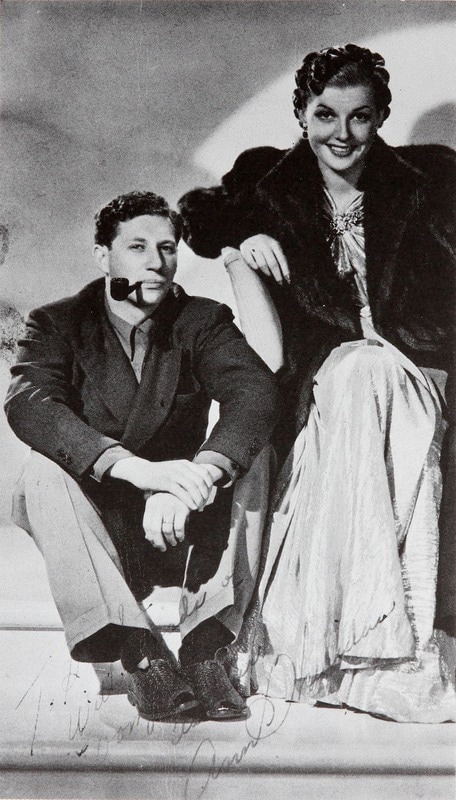
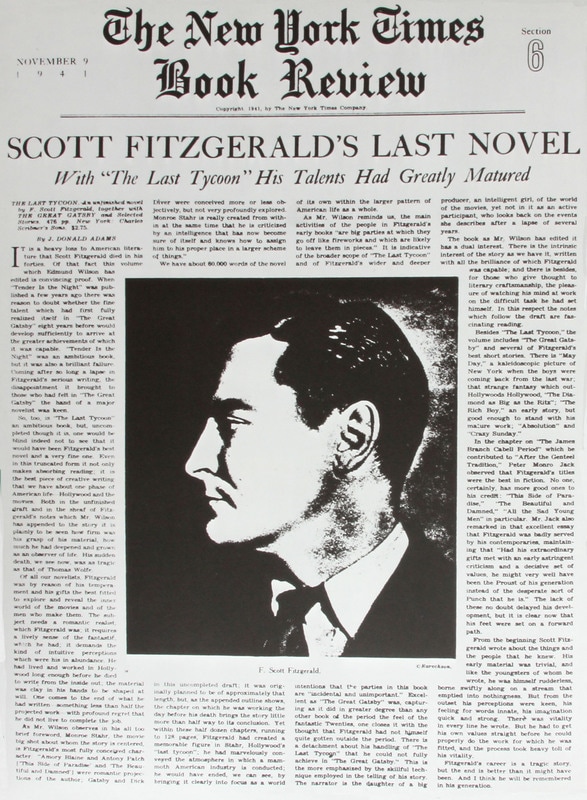
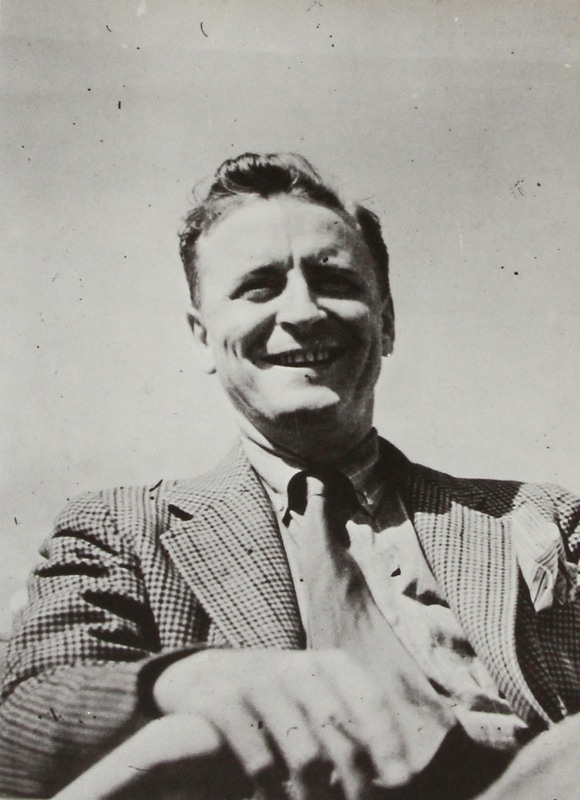
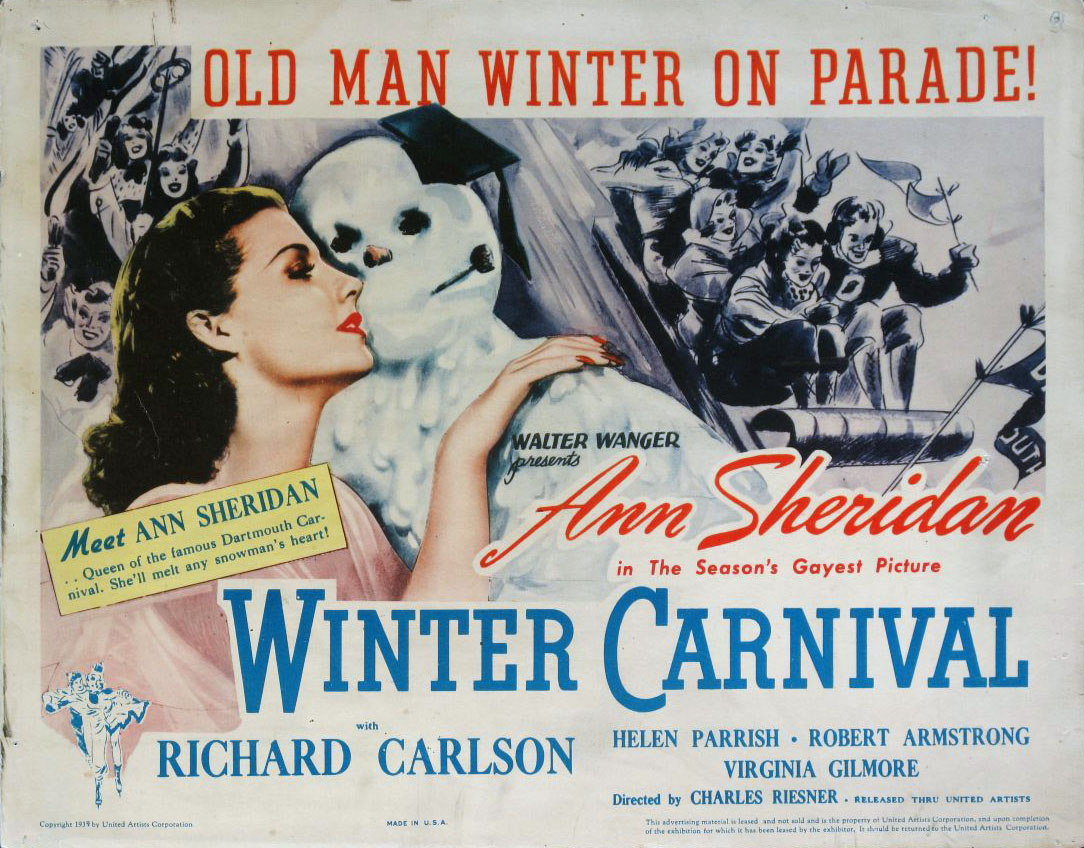
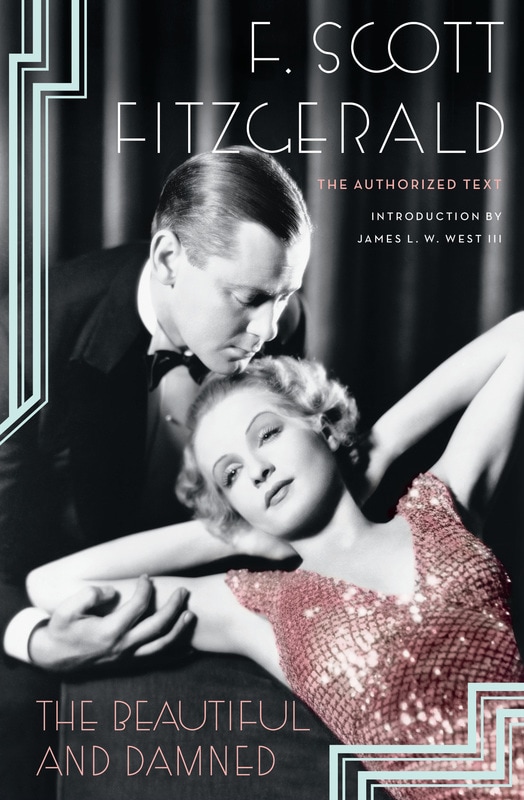
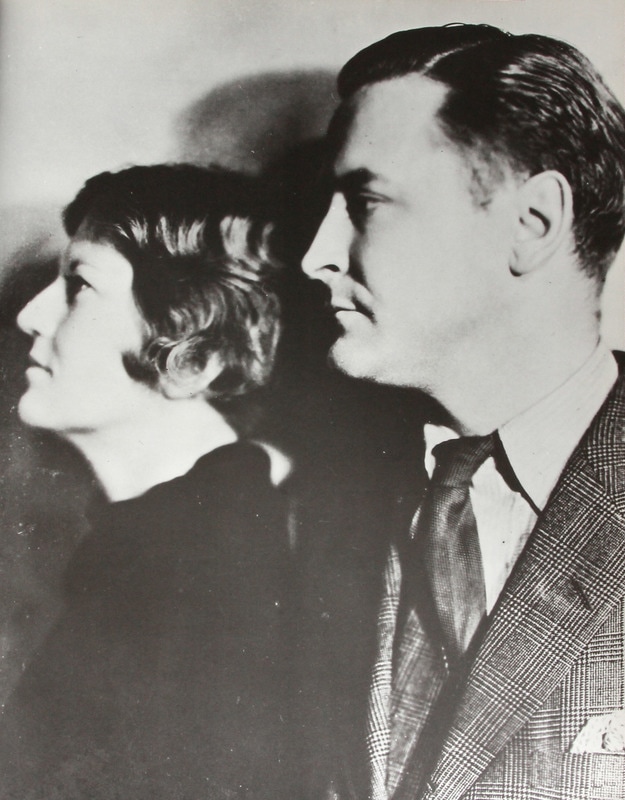
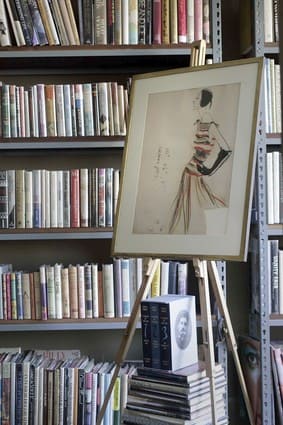
 RSS Feed
RSS Feed